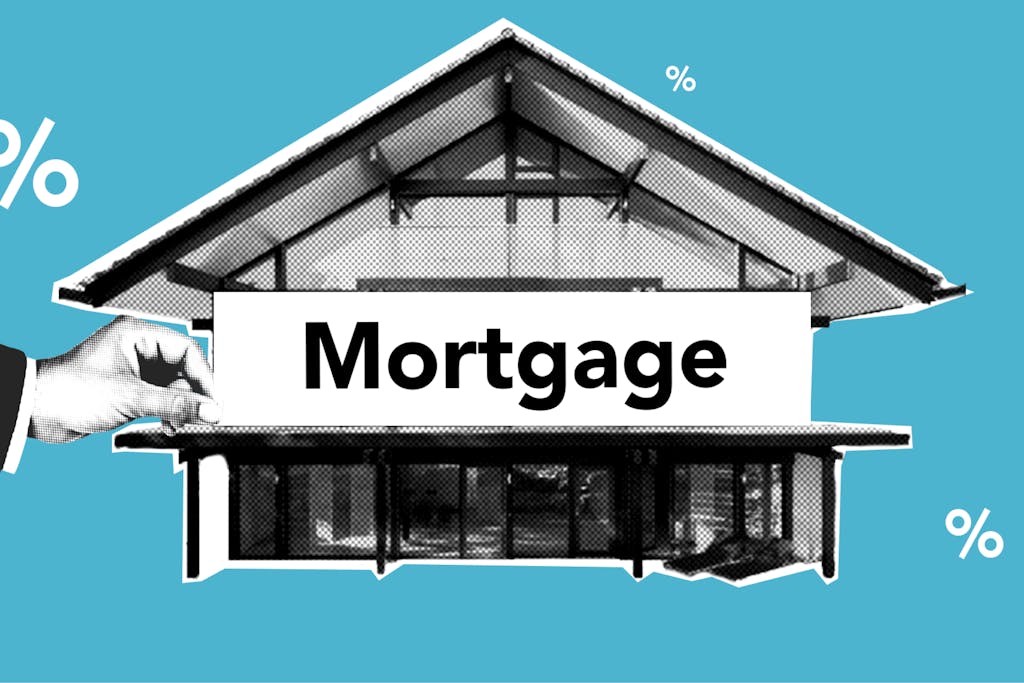
How to Choose the Best Credit Card for Your Financial Needs
Credit cards offer convenience, rewards, and financial flexibility, making them a popular choice for managing expenses. However, with countless credit card options available, finding the best one can be challenging. To make the right decision, it’s important to understand the various features and types of credit cards available and how they align with your financial goals.
Determine Your Spending Habits
Before selecting a credit card, take a close look at your spending habits. Different credit cards cater to different types of spending. If you frequently travel, a card offering travel rewards, such as airline miles or hotel points, may be beneficial. On the other hand, if you spend most of your money on groceries or gas, a card that provides cashback on those purchases could be a better fit. Understanding how and where you spend your money will help you identify which card offers the most rewards and benefits for your lifestyle.
Consider the Interest Rates
The interest rate, also known as the annual percentage rate (APR), is one of the most critical factors to consider when choosing a credit card. If you tend to carry a balance from month to month, finding a card with a low APR is essential to minimize interest charges. For those who consistently pay off their balance in full, interest rates may be less of a concern, and you can focus more on the card’s rewards and perks. However, always be mindful of promotional interest rates that may increase after an introductory period.
Review the Fees
Credit cards often come with various fees, which can quickly add up if you’re not careful. Common fees to look out for include annual fees, foreign transaction fees, balance transfer fees, and late payment fees. While some premium credit cards charge an annual fee in exchange for better rewards or perks, make sure the value of those benefits outweighs the cost. If you prefer to avoid fees, there are many no-annual-fee cards available that still offer solid rewards and features.
Understand the Rewards Programs
One of the most attractive aspects of credit cards is the rewards programs. These programs can vary significantly depending on the card. Some cards offer cashback rewards, where a percentage of your purchases is returned to you as cash. Others provide points or miles that can be redeemed for travel, merchandise, or gift cards. When choosing a card, carefully evaluate the rewards structure and redemption options to ensure they align with your preferences. For example, if you rarely travel, a travel rewards card might not be the best choice.
Look for Introductory Offers
Many credit cards offer attractive introductory offers to new cardholders, such as a sign-up bonus or a 0% APR for a limited time. These offers can provide significant value, but it’s essential to read the fine print. Sign-up bonuses typically require you to spend a certain amount within the first few months, so make sure you can meet that requirement without overspending. Additionally, be aware of when any promotional interest rates will expire to avoid unexpected interest charges.
Evaluate the Credit Limit
Your credit limit is the maximum amount you can charge on your credit card. When comparing cards, consider the credit limit being offered, especially if you plan to use your card for significant purchases. A higher credit limit can provide more flexibility, but it also requires discipline to avoid accumulating too much debt. Keep in mind that your credit utilization ratio—how much of your available credit you use—affects your credit score, so aim to keep your balance below 30% of your limit.
Consider Cardholder Benefits
Many credit cards offer additional benefits that go beyond rewards. These perks can include travel insurance, purchase protection, extended warranties, rental car insurance, and access to exclusive events or discounts. Depending on your lifestyle and needs, these benefits can add significant value to a card. For frequent travelers, perks like airport lounge access or no foreign transaction fees can be particularly appealing. Review the full range of cardholder benefits before making a decision to ensure you’re getting the most value for your money.
Assess the Application Requirements
Credit cards have different eligibility requirements based on factors like your credit score and income. Premium cards with high rewards and benefits often require a higher credit score, while secured credit cards are designed for those with limited or poor credit history. Make sure to assess your creditworthiness before applying for a card to avoid unnecessary credit inquiries, which can temporarily lower your credit score.
Monitor Your Credit Card Use
Once you’ve chosen a credit card, it’s essential to use it responsibly to avoid debt and maintain a healthy credit score. Pay off your balance in full each month to avoid interest charges, and monitor your spending to stay within your budget. Keeping track of rewards and benefits will also help you maximize the value of your card.
By considering your spending habits, evaluating interest rates and fees, and understanding rewards programs, you can choose the best credit card for your financial needs. With responsible use, a credit card can be a valuable tool for managing expenses, building credit, and earning rewards.




